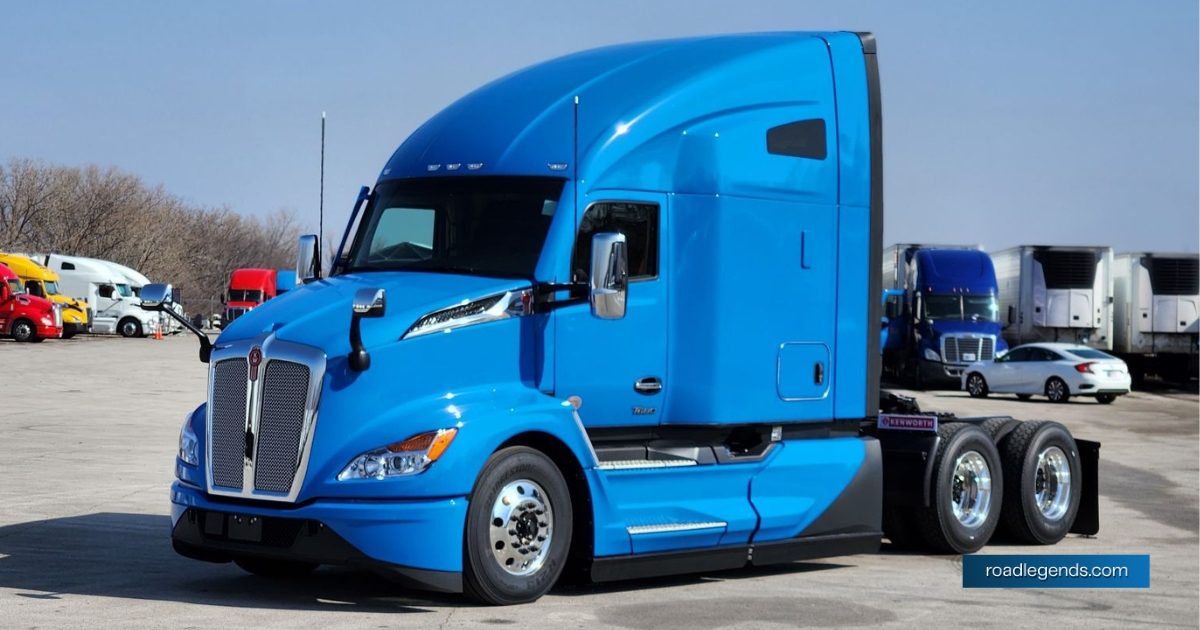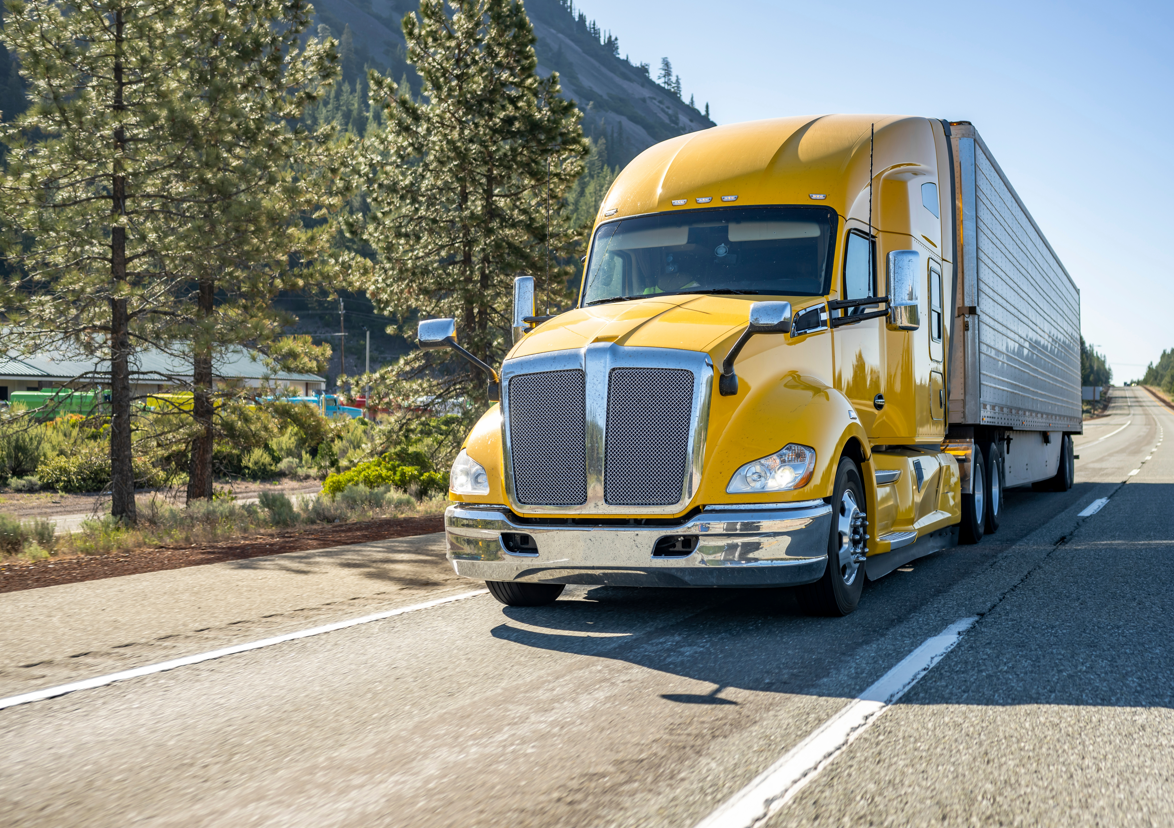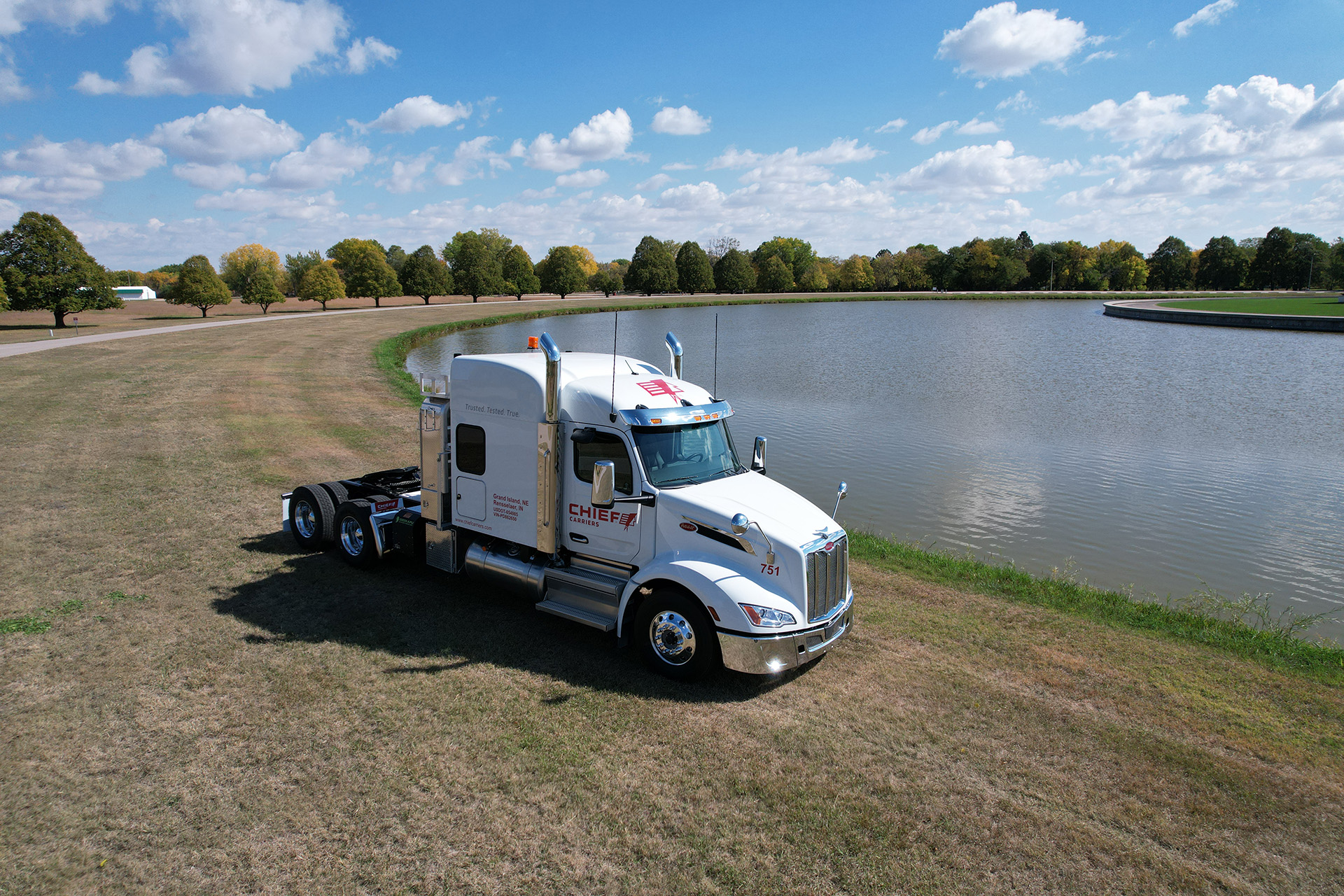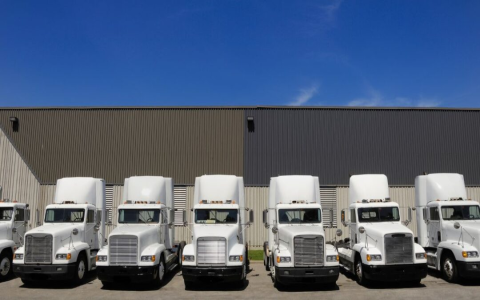Local Lease Purchase Trucking Companies | Your Path to Ownership
Local Lease Purchase Trucking Companies | Your Path to Ownership
For many truck drivers, the ultimate dream is to be their own boss, to own the rig they drive, and to build a business for themselves and their families. The traditional path to truck ownership often involves massive upfront costs and significant financial risk. This is where local lease purchase trucking companies come into play, offering a unique and accessible pathway to ownership. This model allows you to lease a truck with the option to buy it after a set period, combining the flexibility of leasing with the long-term goal of ownership. If you’re a driver looking to transition from a company driver to an owner-operator without the daunting initial investment, understanding how a local lease purchase program works could be your first step toward financial independence on the open road.
What Exactly is a Lease Purchase Program?
At its core, a lease purchase agreement is a contractual arrangement between a driver and a trucking company. It’s different from a standard commercial lease or a bank loan. You agree to make weekly or bi-weekly payments for the use of a truck. A portion of these payments goes toward the eventual purchase price of the vehicle. Think of it as a “rent-to-own” model for semi-trucks. You are essentially working as an owner-operator but under the umbrella of a larger carrier that provides the truck, often along with other support services like dispatch, insurance, and maintenance. The key is that at the end of the lease term, you have the option—but not always the obligation—to buy the truck for a predetermined price, which is often a nominal “buyout” fee.

Lease Purchase vs. Owner-Operator: A Clear Comparison
Many drivers confuse being in a lease purchase program with being a full-fledged owner-operator. While they share similarities, the financial and operational structures are distinct. Understanding these differences is crucial for making an informed decision.
| Factor | Lease Purchase Driver | Traditional Owner-Operator |
| Initial Capital | Low or no down payment | Substantial down payment required |
| Truck Ownership | Owned after lease term completion | Owned immediately (or financed through a bank) |
| Company Support | Often includes dispatch, freight sourcing, and trailer access | Responsible for finding own freight and managing all operations |
| Maintenance Costs | Varies; some programs include maintenance, others do not | Fully responsible for all repairs and upkeep |
| Financial Risk | Lower initial risk, but potential for unfavorable lease terms | Higher initial and ongoing financial risk |
The Tangible Benefits of a Local Lease Purchase Program
Choosing a local lease purchase trucking company offers several compelling advantages, especially for drivers who are new to the business side of trucking.
- Low Barrier to Entry: The most significant benefit is the ability to get behind the wheel of a modern truck without a huge savings account or perfect credit. This opens the door to ownership for many who would otherwise be unable to qualify for a traditional loan.
- Built-in Business Infrastructure: As a new owner-operator, finding consistent, well-paying loads can be a challenge. Reputable local lease purchase companies provide a steady stream of freight, handle billing, and offer administrative support, allowing you to focus on driving.
- Test Drive Your Future: A lease purchase program acts as an extended test drive for both the truck and the lifestyle of an owner-operator. You can experience the realities of running your own business before making the full financial commitment.
Potential Pitfalls and How to Avoid Them
While the path seems attractive, it’s not without its potential hazards. Industry experts, including seasoned financial advisors who work with truckers, warn that not all lease purchase agreements are created equal. The key is due diligence.
One major risk is a non-transparent payment structure. Some programs may have high weekly payments that leave little profit for the driver after fuel and living expenses. According to a 2021 report from the American Transportation Research Institute (ATRI), operational costs, including truck payments, are the top concern for owner-operators. Always calculate your potential net income after all deductions.
Another critical area is maintenance. Clarify who is responsible for repairs and routine service. An unexpected major repair on a truck you don’t yet own can be financially devastating if the contract places the burden on you. Look for a local lease purchase company that includes a comprehensive maintenance program, as this demonstrates a commitment to keeping you safely on the road and protects your future asset.
Choosing the Right Local Lease Purchase Partner
Your success in a truck lease purchase program hinges on the company you partner with. Don’t just sign the first contract you see. Here’s a practical checklist:
- Read the Fine Print: Understand every clause, especially the buyout price at the end of the term and any early termination fees.
- Talk to Current Drivers: The best insight comes from those already in the program. Ask about their experience, pay, and the company’s support.
- Review the Truck: Insist on a pre-purchase inspection by a trusted, independent mechanic for the specific truck you’ll be leasing. Check its maintenance history thoroughly.
- Analyze the Freight: Inquire about the average length of haul, freight rates, and how loads are assigned. A company focused on local or regional routes might offer more home time.
Your Financial Roadmap: Succeeding in a Lease-to-Own Truck Plan
Treat this program as your own business from day one. Create a strict budget that accounts for your lease payment, fuel, taxes, and personal expenses. Use accounting software or a simple spreadsheet to track every dollar. The U.S. Small Business Administration (SBA) offers excellent free resources on business budgeting and cash flow management that are perfectly applicable to an aspiring owner-operator. The goal is to not only make your weekly payments but also to save a financial cushion for emergencies and the final buyout. A disciplined approach to your truck lease purchase plan is what separates those who successfully own their truck from those who just drive one.

Frequently Asked Questions
Q: Is a lease purchase a good idea for a first-time owner-operator?
A: It can be, provided you do your homework. It offers a lower-risk way to enter the world of truck ownership with built-in support. However, a bad contract can create a cycle of debt. Education and careful company selection are paramount.
Q: What happens if I can’t complete the lease purchase program?
A: This depends entirely on your contract. Some may allow you to walk away, while others may hold you liable for the remaining balance or hefty penalties. Understanding the exit strategy before you sign is critical.
Q: Can I negotiate the terms of a lease purchase agreement?
A> Yes, everything is negotiable. Don’t be afraid to ask for more favorable terms, a lower buyout price, or to have maintenance costs included. A reputable company will be willing to discuss terms that are fair to both parties.
Final Thoughts
A local lease purchase trucking company can indeed be your path to ownership, turning the key to a future where you call the shots. It provides a structured, supported bridge between being a company driver and a full-fledged owner-operator. However, this path requires more than just good driving skills; it demands business acumen, financial discipline, and a sharp eye for detail when evaluating potential partners. By asking the right questions, understanding the contract, and managing your money wisely, you can navigate this route successfully and build a thriving business on your own terms.

Sources:
1. American Transportation Research Institute (ATRI). “An Analysis of the Operational Costs of Trucking.” 2021. https://truckingresearch.org/2021/10/04/operational-costs-of-trucking-2021/
2. U.S. Small Business Administration (SBA). “Write Your Business Plan.” https://www.sba.gov/business-guide/plan-your-business/write-your-business-plan









